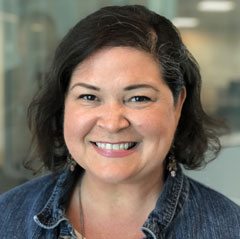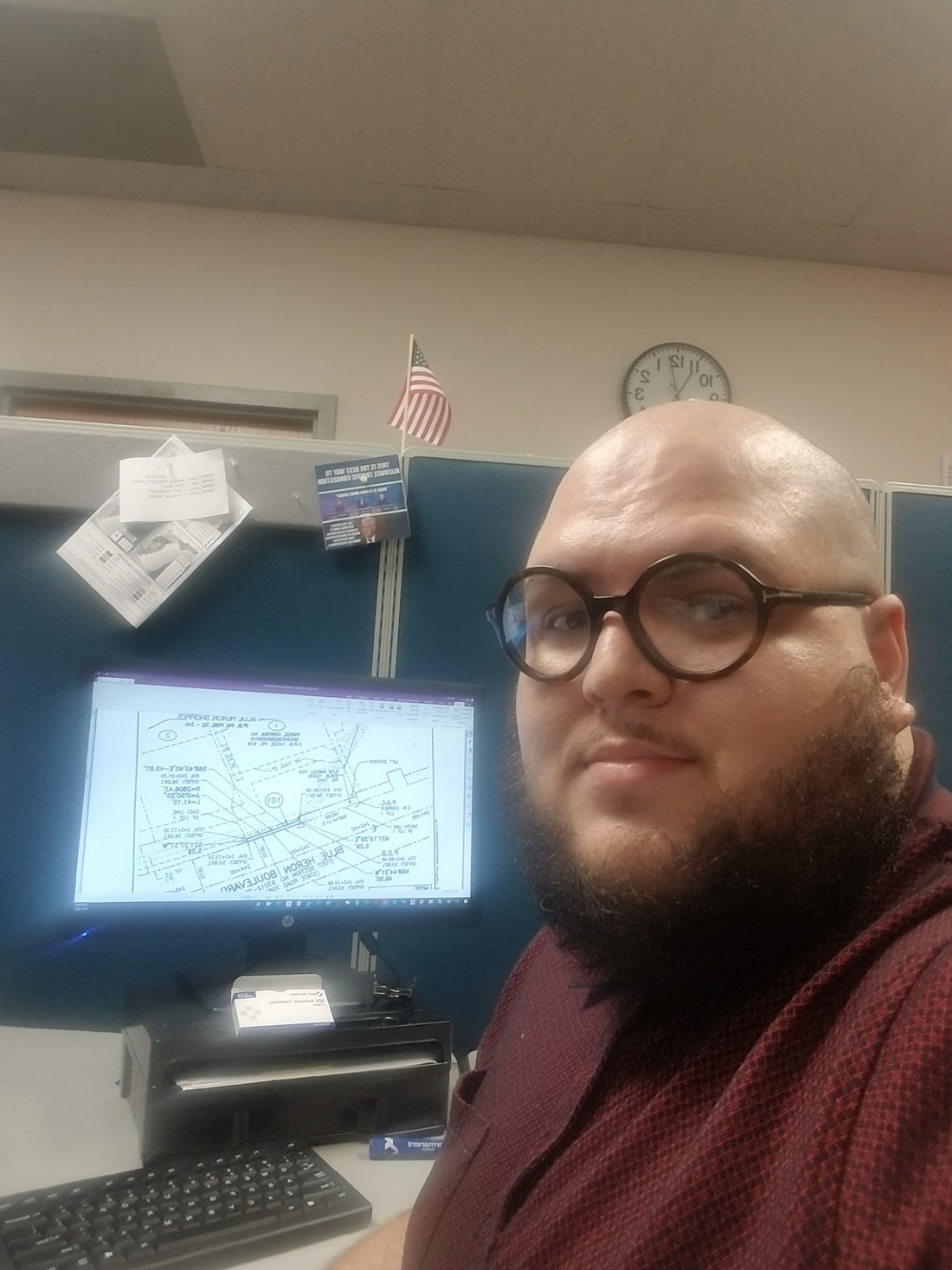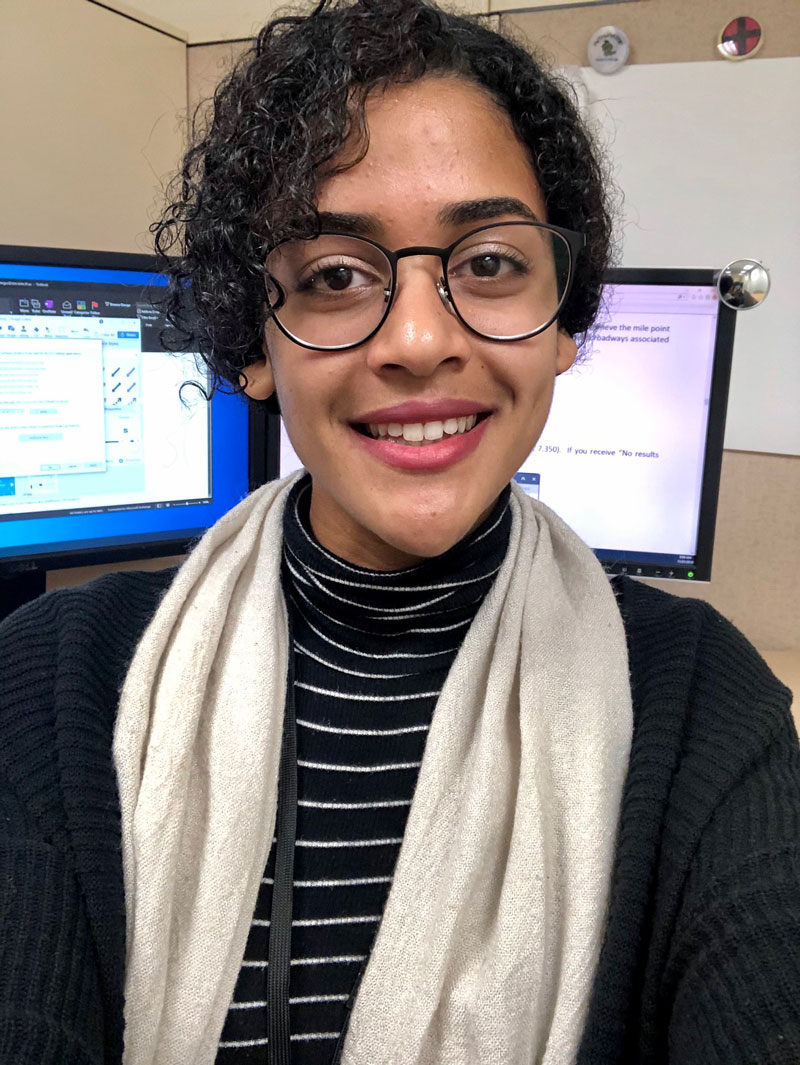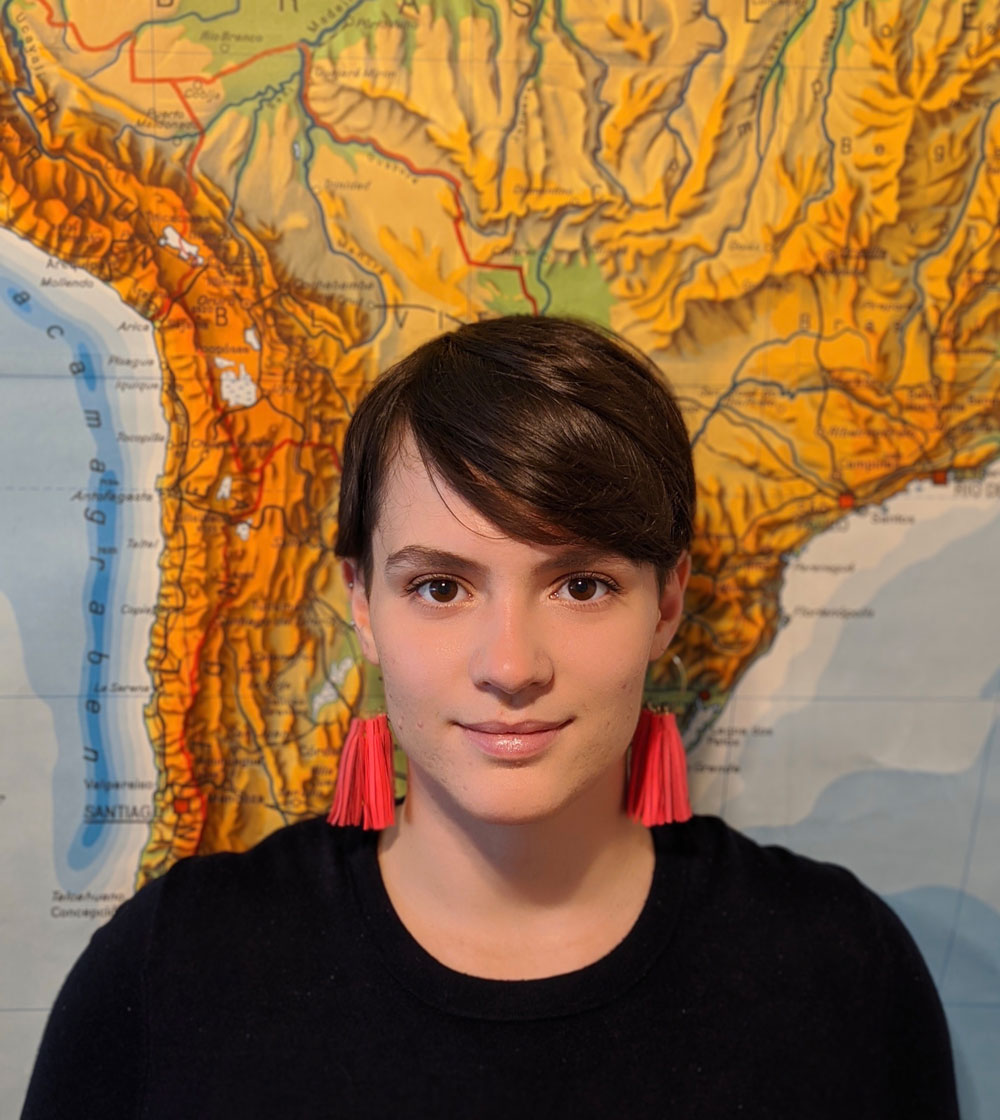FIU degree uses big data to help solve global challenges

Sep 23, 2020, 9:00 AM.
The bachelor’s degree in geography, launching fully online spring 2021, primes graduates to provide data and analysis to organizations amid COVID-19, climate change, and within politics.
To a geographer, a simple question such as, “Where are you from?” offers a vast amount of information about people. From pandemics to politics, agriculture to climate change and segregation to migration flows, today’s geographers are able to analyze the data about places and offer more accurate information for organizations to address world issues.
“People often have a seventh-grade idea of what geography is because that’s where we are introduced to places, maps and state capitals, but it incorporates so much more like sustainability, transportation patterns, and logistical systems to name a few areas,” said Steven J. Green School of International & Global Affairs instructor Kevin Grove, who stressed that geography is truly an integrative discipline. Come spring 2021, the bachelor’s degree in geography will be available fully online.
Graduate View

Alumnus Joel Bernal Garcia ’19 wanted to be a geographer from about sixth grade. He professes that he’s not a fan of rocks or ground “stuff,” but found his calling with the geographic information system (GIS) courses. He studied historical sea-level rise in the Everglades and southeastern Miami-Dade County. Currently, he works with the Florida Department of Transportation and his job is to provide the data used for infrastructure projects and purchasing.
“People presume that geography is maps, but that is not necessarily true,” offered Garcia. “It’s about patterns in data and is very practical.”

Jessica Vargas ’18, agrees with Garcia. She also works for the Florida DOT and added that with her degree, she is able to aggregate massive amounts of information and provide analysis for her organization to make better decisions. Interested in sustainability, she found her way to the geography department and never looked back.
“My inspiration is my community,” declared Vargas, who views her job as a commitment to help make changes for better living.
Understanding issues more fully
Today’s geographers draw from a number of areas including political science, economics, sociology, environmental studies, cultural studies and anthropology.
“All of the information is integrated to understand the difference that place makes to shape the way many things such as pandemics and climate change play out,” discussed Grove.
Considering that it is an election year, there’s an ongoing pandemic and that the hurricane season is predicted to be an overactive one, qualitative and quantitative intelligence is crucial to guide organizations, infrastructure as well as services in areas that desperately need them. Organizations need geographers, emphasized Grove.

“In almost every facet of life, space matters,” explained alumna Lourdes Ginart ’15, who went on to pursue her master’s degree in geography. Ginart paired her undergraduate geography degree with degrees in political science and international relations. Currently, she is a cartographer and GIS analyst who works for a private urban planning and architecture firm, and some of the firm’s clients include federal agencies.
“Space never really informed how I thought—I never thought that space really mattered—but where you live determines how you live,” offered Ginart.
High demand
According to Steven J. Green School of International & Global Affairs instructor Derrick Scott, who teaches GIS courses for the department, there is a great need to understand real, tangible data about places in a time of crisis. The demand has increased so much that the department responded with the creation of a GIS certificate program, also available fully online.
The GIS classes make students “highly employable,” he stated, because the program was designed to answer the specific knowledge, skills and abilities that employers are seeking. Grove added that the general geography classes also provide students added skills that can be applied toward the risk management field.
“We know that geography plays a huge role in everything in our life,” concluded Grove. “When you’re in a geography program, you’re coming out equipped to go into many different directions.”
